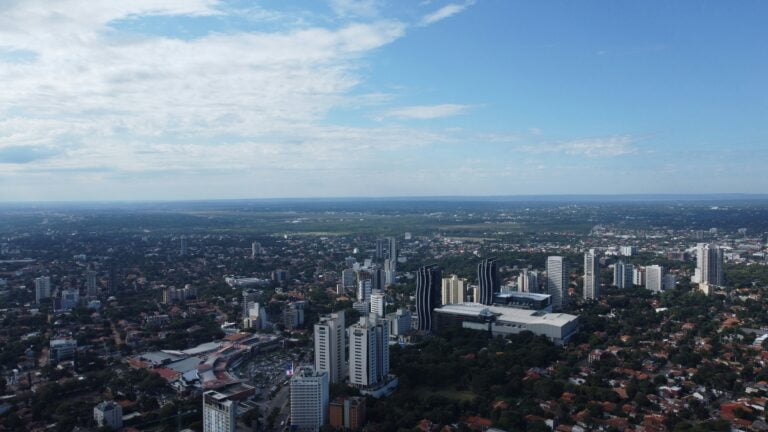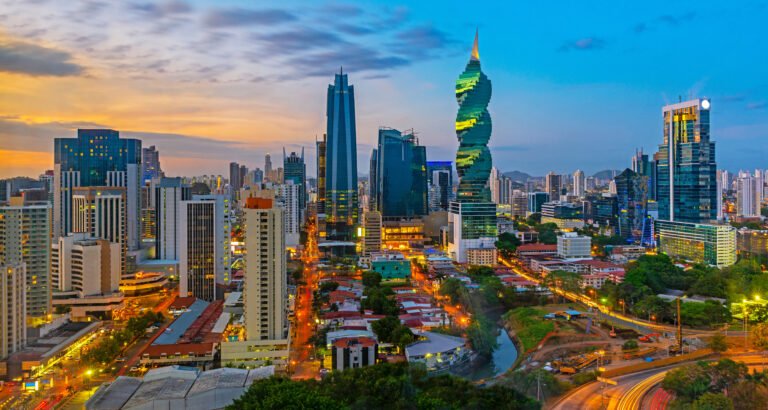St. Kitts and Nevis, officially the Federation of Saint Kitts and Nevis, also called Saint Kitts and Nevis is a state composed of two Lesser Antilles islands in the eastern Caribbean Sea. Their total area is 104 km2. The capital is Basseterre on St. Kitts Island.
Learn what Dual citizenship means right here!
Read also articles about other countries with offered citizenship right here:
History of St. Kitts and Nevis
Christopher Columbus visited Saint Kitts on his second voyage in 1493 and found that he was inhabited by Caribo’s people. It was named by Saint Kitts for his patron saint. The name was shortened to Saint Kitts settlers under Sir Thomas Warner, who, arriving from England in 1623, established the first successful English colony in West Indies on the Old West Coast Road. The French first came to the island in 1625 and founded their own colony in 1627 under Pierre Bélain, sieur d´Esnambuc. During the 17th century between warring French and English colonists, Saint Kitts split into Britain by the Treaty of Utrecht in April 1713 and remained in British possession despite the capture of French Brimstone Hill in 1782. The island was restored to Great Britain by the peace treaty signed by Britain and France in Versailles in 1783
Nevis was also observed by Columbus in 1493. The name of the island derives from Columbus’s description of the clouds at the top of Nevis Peak as las nieves, or “snowing” when he saw the island. It was settled by the English in 1628 and soon became one of the richest in the Antilles. Although he suffered from French and Spanish attacks in the 17th and 18th centuries, he maintained a sound economic position until the mid-19th century.
Movement of Federation and Independence
Saint Kitts, Nevis and Anguilla were united by a federal act in 1882 and on 27 February 1967 became an independent state in conjunction with the United Kingdom. The islands were granted full internal autonomy, while the United Kingdom retained responsibility for defense and foreign affairs.
After the islands took over the status of associated states, Anguilla complained of domination by the government of Saint Kitts. In May 1967, the Anguillans expelled St Kitts’ police and established their own council. In July of the same year they declared their independence. After the failed negotiations of the Anguilla Act of July 1971 put Anguilla directly under British control. On February 10, 1976, Anguilla was granted a constitution and its union with Saint Kitts and Nevis was formally separated in 1980.
A constitutional conference was held in London in 1982, and despite disagreements over the special provisions for Nevis, Saint Kitts and Nevis became independent on September 19, 1983. The fall in world sugar prices damaged the national economy in the mid-1980s, and the government sought to reduce the islands’ dependence on sugar production and diversify the economy.
People
The population is very black, with a small mulatto (mixed African and White heritage) minority. There are also very small South Asian and White groups. More than two thirds of the population lives in rural areas. The official language is English. The main religious denominations are Anglican and Methodist, with fewer Roman Catholics. Both Saint Kitts and Nevis traditionally show a high level of emigration, offset natural growth and allow the islands to maintain a relatively stable population. About two thirds of the population is between 15 and 59 years old.
Religion
Recent survey data show that the proportion of believers in the population of Saint Kitts and Nevis increased to 91.12%. As for Christianity, it has also increased, a previous survey recorded 87.16% of the population, and according to the latest figures it was 89.79%.
Political situation in St. Kitts and Nevis
Since independence in 1983, the Federation of Saint Kitts and Nevis has been an independent member of the Commonwealth whose head of state is the British monarch. The crown is represented by the appointed Governor-General. The head of the Government is the Prime Minister, who, along with other ministers, is a member of the Government. The Monarch and the National Assembly form a parliament, some of whose members are appointed. Nevis Island has a certain degree of autonomy in the federal structure; it has its own premiere and the legislature and the constitution provide that the federation will withdraw if certain procedures are followed. There is universal suffrage for adults.
Education is compulsory for all children aged 5 to 16, provided by a nationwide system of free public schools and private church schools. There are several hospitals and many health centers on the islands. Tropical diseases have been virtually eliminated. Most of the state’s cultural activities are concentrated in the capital Basseterre.
Foreign relations
Saint Kitts and Nevis maintains diplomatic relations with the United States, Canada, the United Kingdom, France, Russia, Taiwan, Cuba and South Korea, as well as with many Latin American countries and neighboring countries of the Eastern Caribbean. It is a member of the Community, the United Nations, the World Bank and the International Monetary Fund, the Organization of American States, the Organization of Eastern Caribbean States, the Regional Security System of the Eastern Caribbean (RSS) and the Caribbean Community and the Common Market (CARICOM). The Eastern Caribbean Central Bank is headquartered in St. Kitts.
Saint Kitts and Nevis decided to recognize Taiwan instead of the People’s Republic of China. Denzil L. Douglas Prime Minister Sv. Krystof and Nevlas, at the 67th Session of the UN General Assembly, 28 September 2012, “… during the twenty-nine years of our existence, the Republic of China in Taiwan has been a highly esteemed partner and ally. And throughout my nation, the evidence of our cooperation efforts is abundant in areas such as agriculture, agro-tourism, green energy, information technology, community development and education – to name but a few. “In my own nation – or even in my region – and Taiwan’s valuable contributions to the work of the United Nations Framework Convention on Climate Change, the International Civil Aviation Organization, the World Health Assembly and others have long reflected their excellent credentials. as a respected and impressive member of the global community. It is only appropriate and fair that any remaining strictness regarding the status of Taiwan among the international community of the nation s be removed. Saint Kitts and Nevis will turn to this body to make sure it really happens. “
Climate in Saint Kitts
St. Climate Kitts and Nevis are tropical, warm and humid all year round, with a relatively cold, dry season from January to mid April and a hot, humid and rainy season from mid June to mid November. In the earlier period, the northeast commercial winds, the steady winds typical of tropical climates, are blowing steadily and with moderate intensity, while in the second period these winds are more irregular and may have some pauses, increasing the sense of insolence. Among them are two transitional periods: from mid-November to early January (when the wind is blowing northeast, the temperature is slightly decreasing and the weather is improving) and from mid-April to mid-June (when the temperature and temperature of downpours gradually increase).
Saint Kitts and Nevis is a state located in the Lesser Antilles Group and consists of two islands of the same name and the capital is Basseterre.
The daily average temperature ranges from about 25 ° C in January and February, the coldest months, to 28 ° C between June and October, the hottest season.






